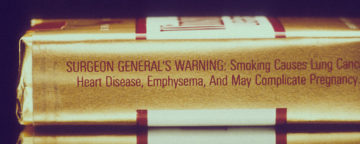Climate scientists inadvertently support the idea that they are partisans when they do not account for "inconvenient evidence," Kathleen Hall Jamieson, director of the Annenberg Public Policy Center, told scientists and journalists at the annual meeting of the American Association for the Advancement of Science in San Jose, Calif. Jamieson also said flawed studies must be retracted much more quickly.









